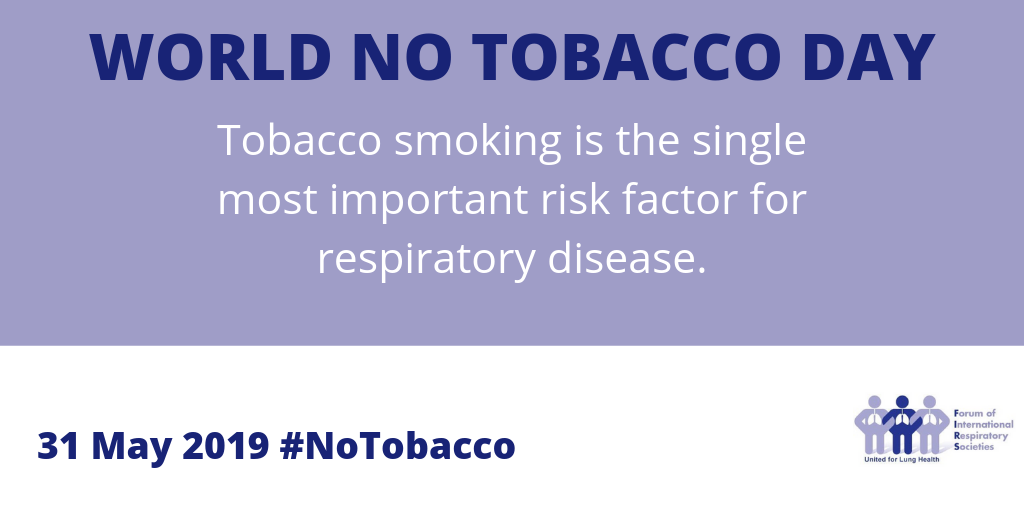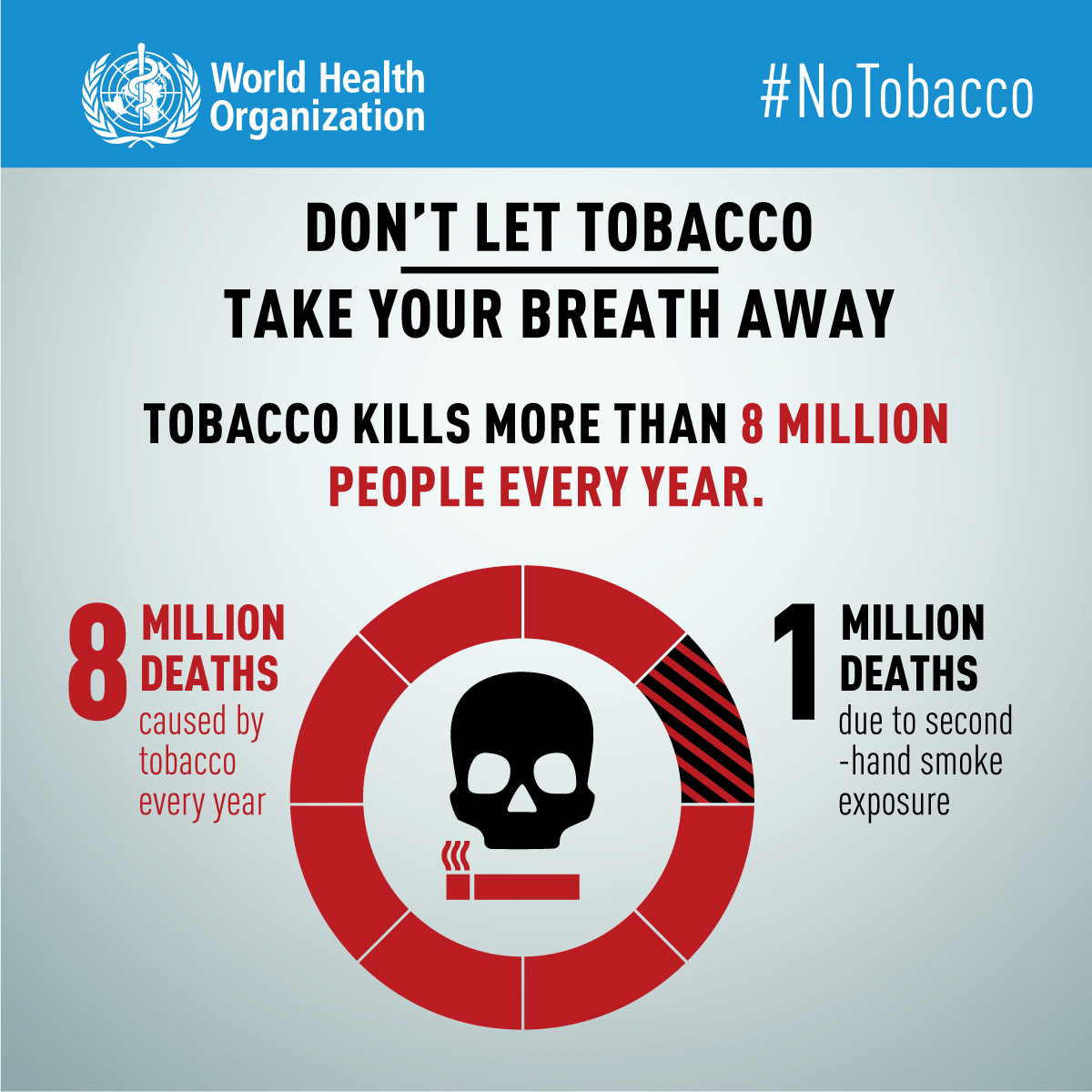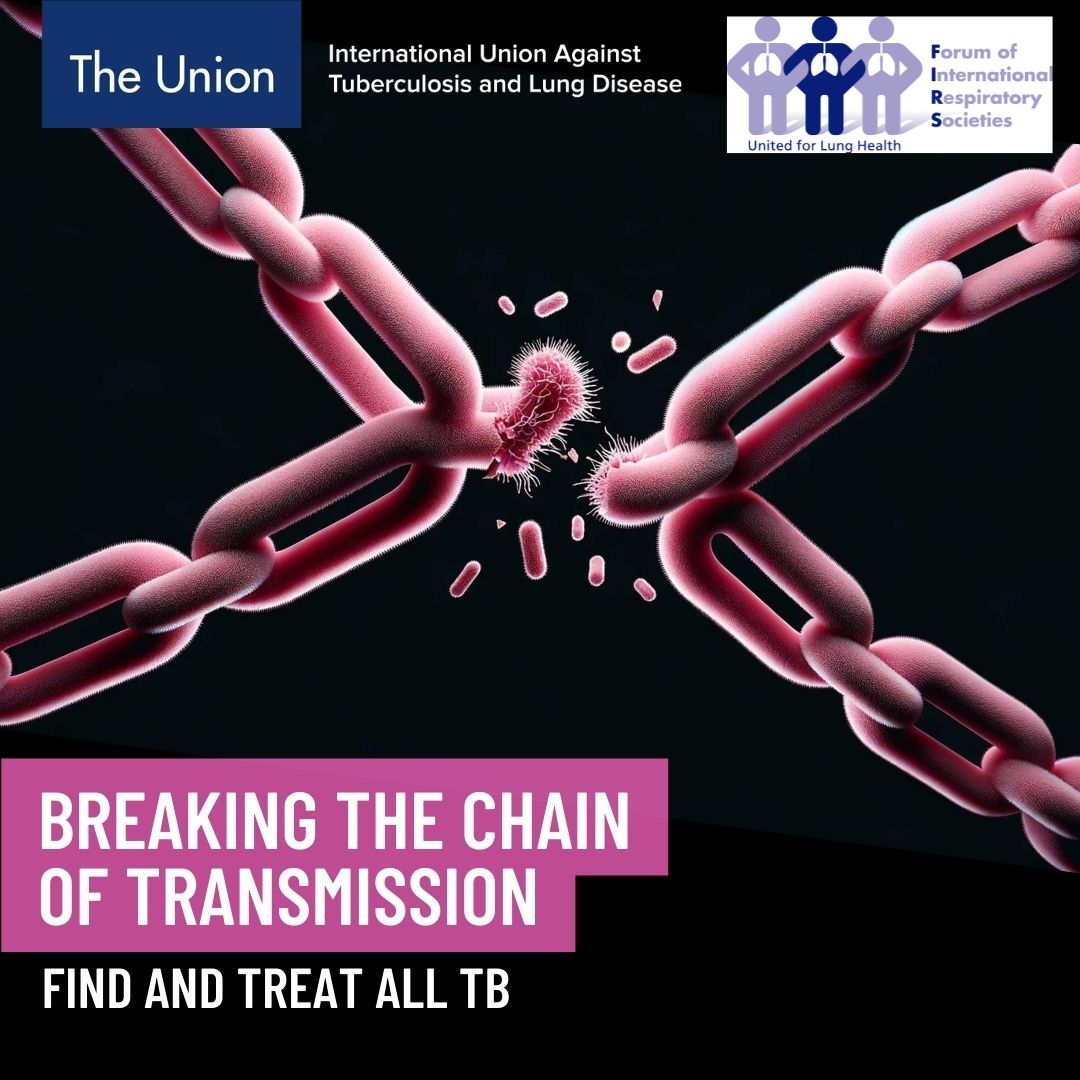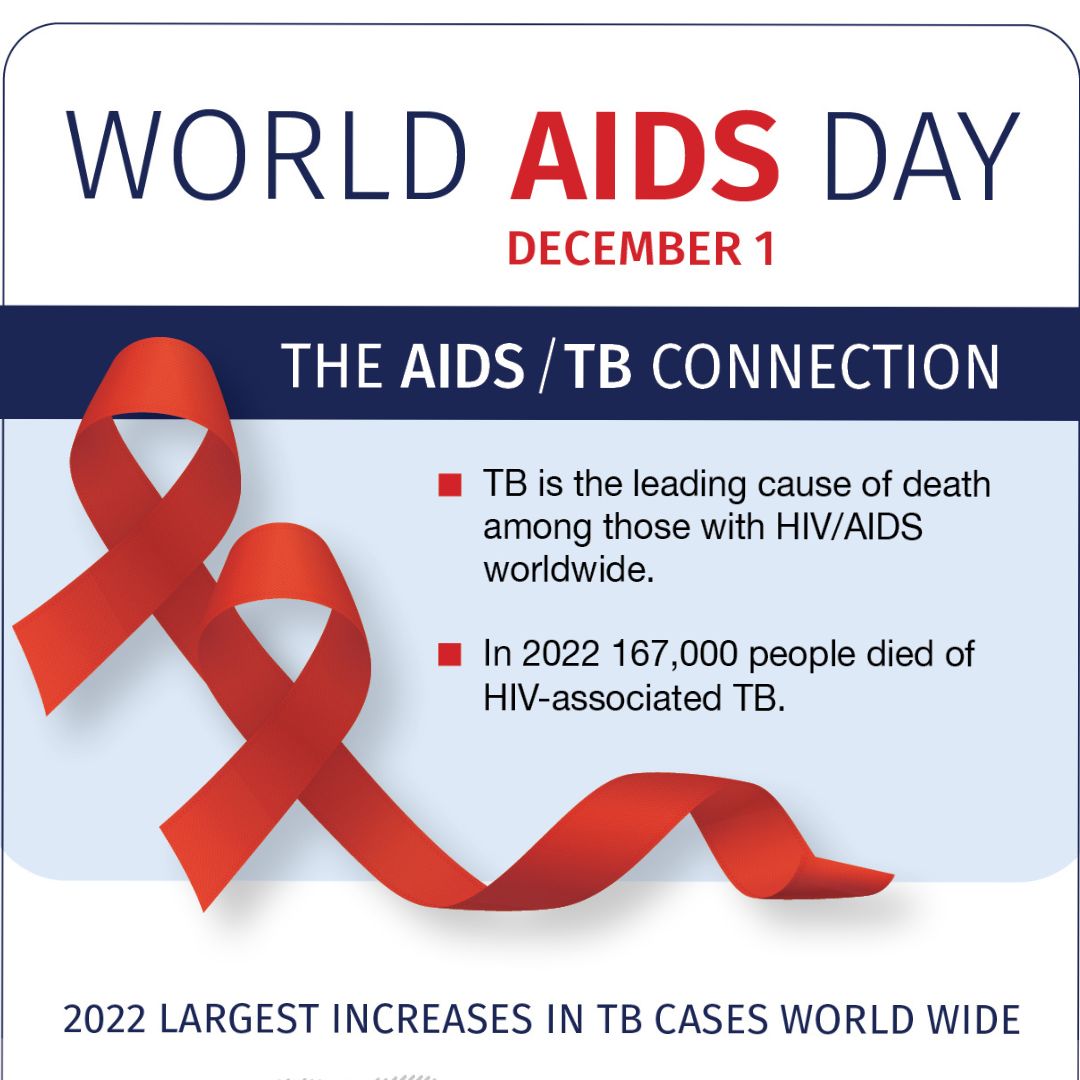On World No Tobacco Day, the Forum of International Respiratory Societies (FIRS) calls for renewed efforts to strengthen the implementation of the World Health Organization (WHO) Framework Convention on Tobacco Control (FCTC) in all countries, in order to work towards achieving the United Nations (UN) Global Goals for Sustainable Development [1] to ensure a healthy life and promote well-being for all, at all ages.
Every year, on May 31st, the World Health Organization (WHO) and its global partners celebrate World No Tobacco Day (WNTD). The annual campaign raises awareness about the harmful and deadly effects of tobacco use and second-hand smoke exposure, and discourages the use of tobacco in any form.
The Forum of International Respiratory Societies (FIRS) features in the Guardian article, revealing how air pollution may be damaging 'every organ in the body'.
The article and interactive body comes after FIRS published two articles in the journal CHEST on the effects of air pollution on health and evidence for its association with many diseases.
The research shows head-to-toe harm, from heart and lung disease to diabetes and dementia, and from liver problems and bladder cancer to brittle bones and damaged skin. Fertility, foetuses and children are also affected by toxic air.
In conjunction with the 72nd World Health Assembly taking place this week in Geneva, Switzerland, the Forum of International Respiratory Societies (FIRS) and the NCD Alliance launched a new policy brief on the impact of air pollution on human health.
Based on strong scientific evidence, this publication highlights the urgent need for decisive action across all sectors to ensure clean air.
On World Asthma Day, the Forum of International Respiratory Societies (FIRS) recognises this year’s theme: “STOP for asthma.” FIRS calls on global healthcare providers to STOP for asthma and evaluate symptoms, test response to therapy, observe and assess, and finally proceed to adjust treatment.
The World Health Organization (WHO) estimates that 235 million people suffer from asthma, which can cause wheezing, breathlessness, chest tightness, and coughing. Although asthma cannot be cured, it is possible to control the disease to reduce and prevent asthma attacks, also called episodes.
Page 14 of 26









